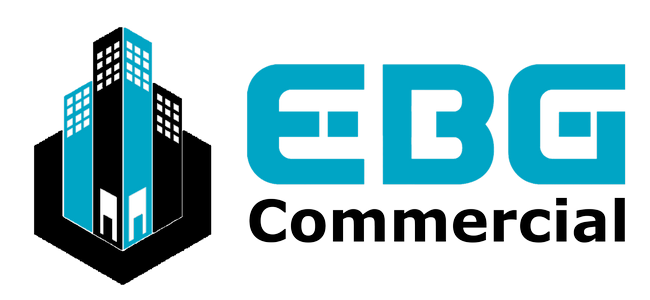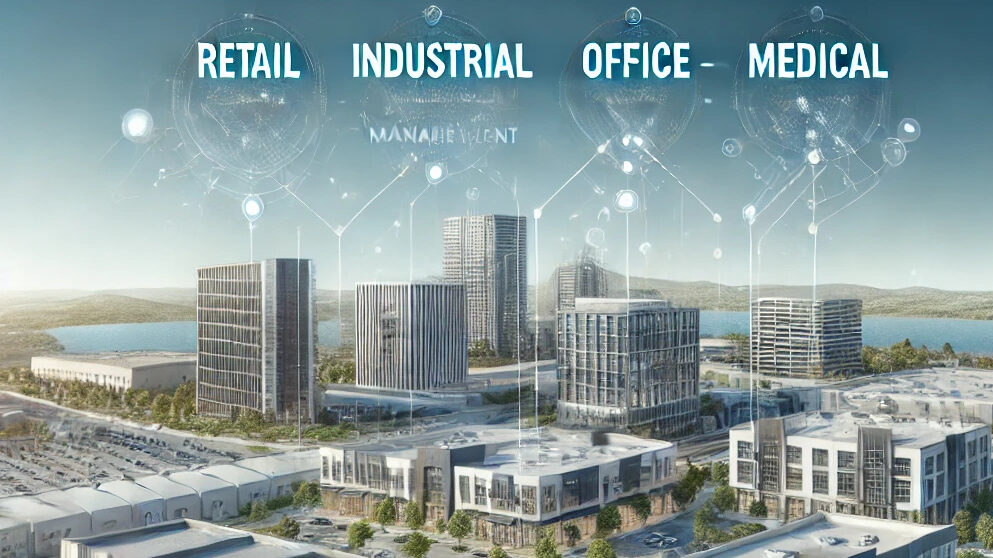Self-Managing Your Shopping Center is Costing You More Than You Think
The hidden costs and risks that DIY retail property owners never talk about
Let me share something that might surprise you: most shopping center owners who self-manage their properties are actually losing money – they just don’t realize it yet. After two decades in DFW retail real estate, I’ve seen countless property owners struggle with the complexities of retail management, often at the expense of their property’s value and their own peace of mind.
The True Cost of Self-Management
Think about your typical week managing your retail property. How much time do you spend:
- Handling tenant complaints
- Coordinating maintenance issues
- Chasing late rent payments
- Dealing with vendor scheduling
- Managing compliance requirements
Now multiply that by your hourly rate. Shocking, isn’t it? But that’s just the beginning.
The Hidden Risks You’re Taking
Self-managing retail properties in today’s complex market exposes you to:
- Missed legal compliance requirements
- Improper vendor insurance coverage
- Overlooked maintenance issues
- Inefficient tenant mix management
- Suboptimal lease negotiations
- Lost market opportunities
Why Most Property Owners Struggle
The DFW retail market is more complex than ever. Success requires expertise in:
- Tenant Relations:
- Professional communications
- Timely issue resolution
- Lease compliance monitoring
- Renewal negotiations
- Tenant mix optimization
- Financial Management:
- Strategic budgeting
- Expense control
- Revenue optimization
- CAM reconciliations
- Market rate analysis
- Operational Excellence:
- Preventive maintenance
- Vendor management
- Emergency response
- Property improvements
- Compliance monitoring
The Real Impact on Your Investment
Poor management affects more than just your daily operations:
- Decreased property value
- Higher tenant turnover
- Increased liability exposure
- Missed market opportunities
- Lower quality tenant prospects
- Reduced long-term appreciation
What Professional Management Really Means
It’s not just about collecting rent and handling maintenance calls. Modern retail property management requires:
- Strategic Planning:
- Market positioning
- Tenant mix strategy
- Value enhancement plans
- Capital improvements
- Long-term growth
- Proactive Operations:
- Regular property inspections
- Preventive maintenance
- Tenant engagement
- Vendor management
- Emergency protocols
- Financial Optimization:
- Revenue maximization
- Cost control
- Budget management
- Performance tracking
- Value creation
Real Results in DFW’s Market
Let me share a recent example: A shopping center owner in North Dallas was spending 20 hours weekly managing their property. After implementing professional management:
- Owner time investment dropped to 2 hours monthly
- Property value increased 15%
- Tenant satisfaction improved dramatically
- Operating costs decreased 12%
- Occupancy rate increased to 95%
Why Local Expertise Matters
The DFW retail market has unique characteristics that require specialized knowledge:
- Diverse submarkets
- Complex regulations
- Strong competition
- Dynamic tenant mix
- Specific market trends
Generic management approaches simply don’t work here. You need a team that understands local market nuances and knows how to capitalize on them.
Maximizing Your Investment
Success requires a comprehensive approach:
- Value Creation:
- Strategic leasing
- Property improvements
- Market positioning
- Tenant mix optimization
- Cost management
- Risk Management:
- Legal compliance
- Insurance coverage
- Safety protocols
- Emergency planning
- Documentation
- Growth Planning:
- Market analysis
- Improvement strategies
- Expansion opportunities
- Value enhancement
- Exit planning
The Bottom Line
Your retail property is too valuable to risk with DIY management. In today’s complex market, professional management isn’t an expense – it’s an investment that pays for itself through increased property value, better tenant retention, and reduced operating costs.
The real question isn’t whether you can afford professional management – it’s whether you can afford not to have it.
Share Your Experience: What challenges have you faced managing your retail property? How has it affected your investment returns? Share your thoughts in the comments below – your insights could help other owners make better management decisions.
#RetailNavigator #DFWRealEstate #PropertyManagement

